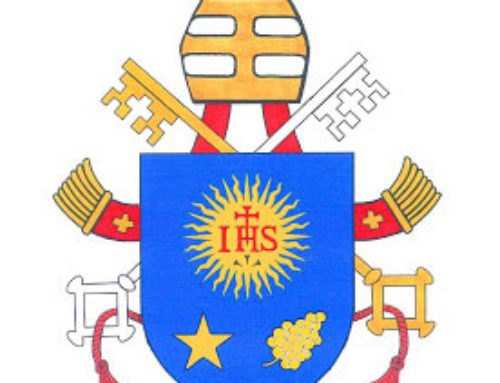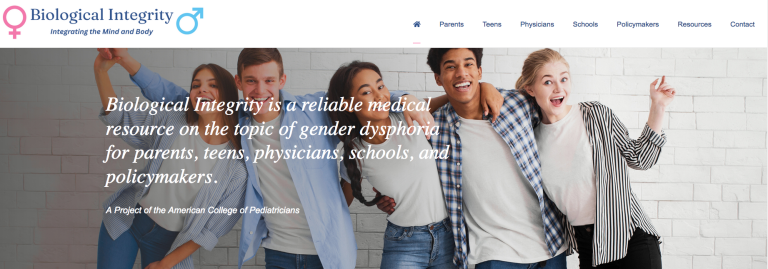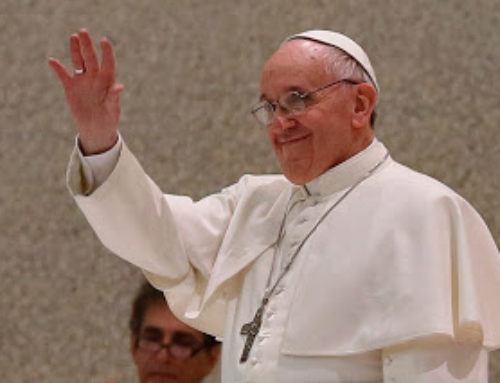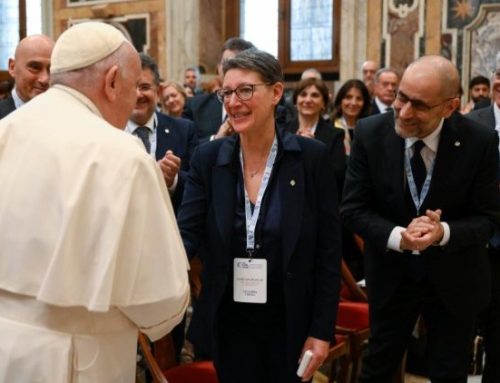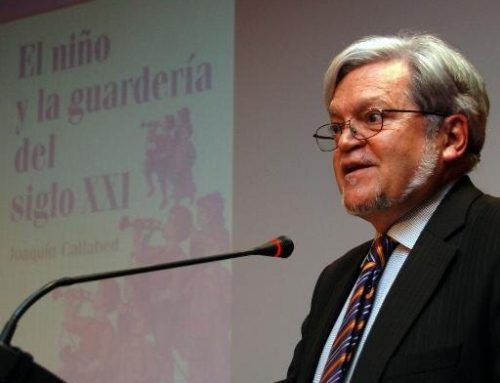7 October 1985
To the participants in a Conference on infantile leukaemia
On 7 October, the Holy Father received in audience the participants in a scientific conference on infantile leukaemia. He spoke to them first in Italian, then in English.
I am happy to greet all of you, scientists and doctors, experts in the field of infantile leukaemia, who have convened at the Catholic University of the Sacred Heart for an important conference on infantile leukaemia.
Along with you, I greet all the persons who are participating in this conference, your families, the persons accompanying you, and I thank you for the courtesy which this meeting, solicited by you, demonstrates.
In my pastoral visits I have many occasions to know the pain and the suffering of little children: and it is with great sorrow that I approach these human situations involving innocents together with their families. You are equally well-acquainted with the tears, the worry, the profound sadness of the parents who ask of you the light of hope for an ill which remains in many respects mysterious, and so often relentless.
I therefore express lively appreciation for the initiative of this conference which will allow you to compare experiences, to agree upon the formalities for subdividing the classifying those stricken with “acute lymphatic leukaemia” according to the illness’s varying degrees of gravity, to plan and experiment with various treatments according to the necessities of each case and, above all, to evaluate the therapeutic results so far attained in the treatment of this grave illness.
Promote collaboration
A word of special congratulations goes to the Catholic University for having promoted this International Conference. In this way the University responds to one of its particular purposes.
Together with the specific goal of the professional preparation of doctors, inspired by gospel ethics, the Catholic University shares with every other university centre the commitment to promote every form of collaboration in research, in comparing experiences and in proposing therapies, all in a spirit of solidarity that fully corresponds to the profound spirit of Christianity.
Your hope is that it be possible, through the studies and the discussions that are taking place in your scientific dialogue, to better the prospects of recovery of the tiny patients.
It is to them that our thoughts must turn, full of compassion, employing every scientific resource in order that, in the existence of these children afflicted by suffering, life might win out over the dark forces of evil and that their faces and those of their loved ones might once again radiate smiles.
With you I wish to recommend to Christ, who loved the little ones and wished to be near them all their suffering and also your work, so that he might sustain and illuminate you in your efforts, and guide you in the attainment of those goals that, together with you, all of us desire.
I would also like to express a word of welcome to the English-speaking participants in this scientific workshop on aspects of the disease of leukaemia as it affects children. Dear friends: I wish to encourage you in your high calling and in your endeavours to further the knowledge and skills required to deal with this particular malady.
In treating the health problems of children you come face to face with human life in one of its most precious, if precarious, phases. Your struggle to protect and improve the health of the young is undoubtedly a sign of your deep respect for human life itself, the fundamental value which underlies all the other all the other values that make our existence meaningful.
The Christian view is that each life is a gift from the Creator, a unique expression of the goodness which he continually pours out into the world. Our task is to welcome every individual who comes into being, defend each person’s dignity, and seek to create conditions including health care that will make his or her existence a progressive and joyful experience of the truth and beauty that fill the universe.
The Catholic Church has always had the medical profession in high esteem. Jesus himself was considered a great healer and many flocked to hear him, including the little children, precisely because of the cures he effected. For him, healing was a way of manifesting God’s power and love.
May you too use your art in a spirit of solidarity and brotherhood with those who have need of your skills!
And may the God of peace and love be with you always!
John Paul II

